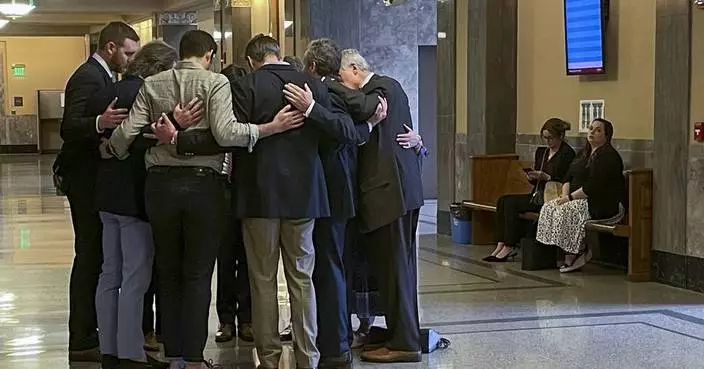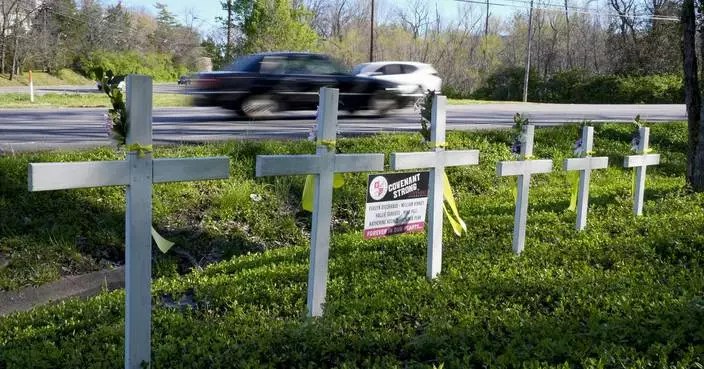How much do you know about the "stand your ground" law?
Recently, an American man fatally shot another man over a dispute at a handicapped parking space in Florida, the USA. To people's surprises, the gunman will face no charge under the Florida’s "stand your ground" law, defending his shooting as “self-defense”.
https://youtu.be/iDtzofAUSJI
It is reported that in the afternoon of 9 July, 2018, two men started a dispute in a handicapped parking space outside a convenience store in Clearwater, Florida. Suddenly, the 47-year-old white man Michael Drejka pulled out a handgun and shoot the 28-year-old African man Markeis McGlockton, who was taken to the hospital later but was announced dead in the end.
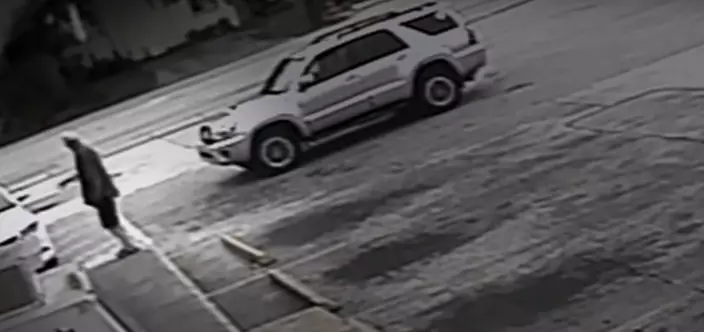
Michael Drejka arguing with Britany Jacobs. (Online Image)
According to the surveillance video, McGlockton got into the convenience store after parking his car in the space, while his girlfriend Britany Jacobs and his son were waiting inside his car. Soon, Drejka came out of the store and found that McGlockton’s car had no disabled certificate, so he started to argue with Jacobs.
So McGlockton and Drejka began the dispute. When McGlockton shoved Drejka to the ground, Drejka pulled out his handgun and fatally shoot McGlockton to his chest.
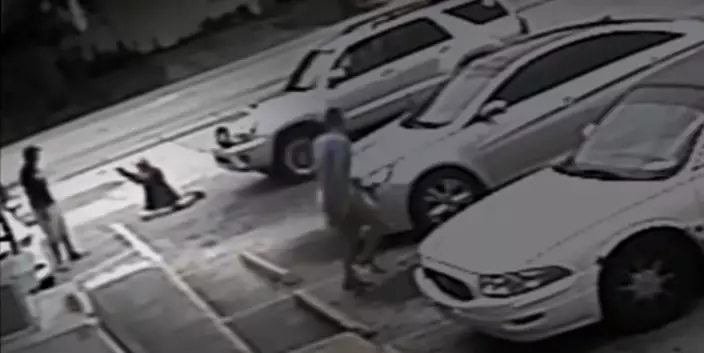
Michael Drejka shooting Markeis McGlockton.(Online Image)
After the incident, the state police made a public announcement that under the protection of Florida’s "Stand your ground" law, Drejka’s shooting was regarded as "self-defense", which means Drejka hasn't committed any legal offense and wouldn't be charged with a crime.
“Stand your ground” law is a regulation allowing one to use lethal force in conflict with others to stand his/her ground if his/her life is threatened. Under which situation killing a person will be seen as "self-defense" only. Although over 30 states have launched "Stand your ground" law, these cases often cause heated controversy because it is hard to judge one's motivation.

Markeis McGlanckton and his girlfriend Britany Jacobs. (Online Image)
Police officer Bob Gualtieri said that McGlockton shoved Drejka with an aggressive force, which made Drejka worried that he would attack him again.
But victim’s girlfriend Jacobs thought that his partner had done nothing wrong and she wants the justice for him. "He was just trying to protect his family, there’s nothing wrong with that at all," said Jacobs.
She is now seeking legal supports to challenge the "Stand your ground" law, hoping Drejka to be responsible for his shooting.
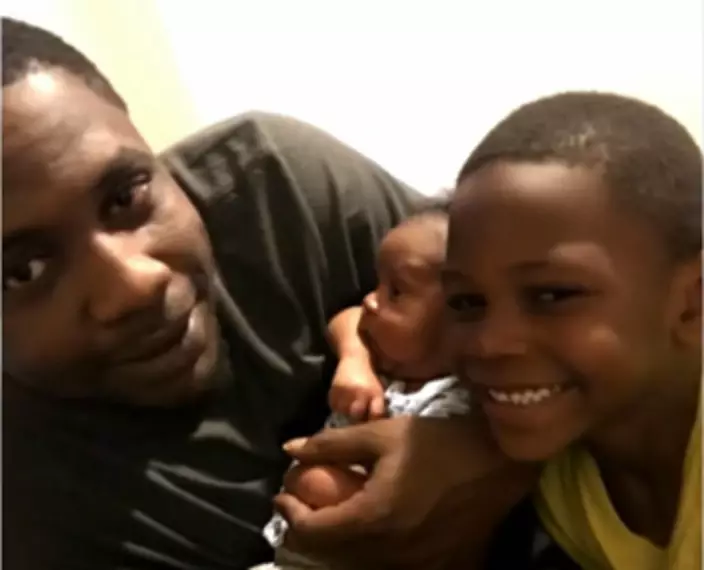
McGlockton and his family. (Online Image)
NOGALES, Ariz. (AP) — The trial of a southern Arizona rancher charged with fatally shooting an unarmed migrant on his property near the U.S.-Mexico border went to the jury Thursday.
Jurors did not immediately reach a verdict and will resume deliberations Friday morning.
In closing arguments earlier Thursday, lawyers debated the actions of 75-year-old George Alan Kelly, who is accused of second-degree murder in the January 30, 2023, shooting of Gabriel Cuen-Buitimea.
Cuen-Buitimea, 48, lived just south of the border in Nogales, Mexico. Court records show Cuen-Buitimea had previously entered the U.S. illegally several times and was deported, most recently in 2016
The case has attracted national attention as border security continues to be a top issue this election year and garnered sympathy for the rancher from some on the political right.
Cuen-Buitimea was in a group of men that Kelly encountered on his property. Prosecutor Mike Jette said Kelly recklessly fired an AK-47 rifle toward the group that was about 100 yards (90 meters) away.
Kelly said he fired warning shots in the air, but he didn’t shoot directly at anyone, explaining that he feared for his safety and that of his wife and property.
“He says he shot 100 yards over their heads. But he never told law enforcement that he was in fear of his life," Jette said in closing arguments.
Kelly fired nine shots toward the group, according to Jette, who said Cuen-Buitimea suffered three broken ribs and a severed aorta.
Jette encouraged jurors to find Kelly guilty of reckless manslaughter or negligent homicide if they can’t convict him on the murder charge.
Defense attorney Brenna Larkin, in her closing argument, said Kelly “was in a life or death situation” that was “a terrifying scenario” for him.
“He was confronted with a threat right outside his home,” Larkin said. “He would have been absolutely justified to use deadly force, but he did not."
She urged jurors to return a “not guilty” verdict, saying the state didn't prove its case.
The other migrants on Kelly's ranch in 2023 weren’t injured and managed to escape back to Mexico.
Larkin has characterized groups of migrants crossing through Kelly’s property as an increasing concern over the years, prompting him to arm himself for protection.
The trial that started March 22 included jurors visiting Kelly’s nearly 170-acre (69-hectare) cattle ranch in Nogales, Arizona.
Earlier in proceedings, Kelly rejected an agreement with prosecutors that would have reduced the charge to one count of negligent homicide if he pleaded guilty.
Kelly was also charged with aggravated assault against another person in the group of about eight people, including a man from Honduras who was living in Mexico and who testified during the trial that he was seeking work in the U.S. that day.
This story has been corrected to show that Kelly fired nine shots toward a group that included Cuen-Buitimea, according to the prosecution, not that Cuen-Buitimea was shot nine times.
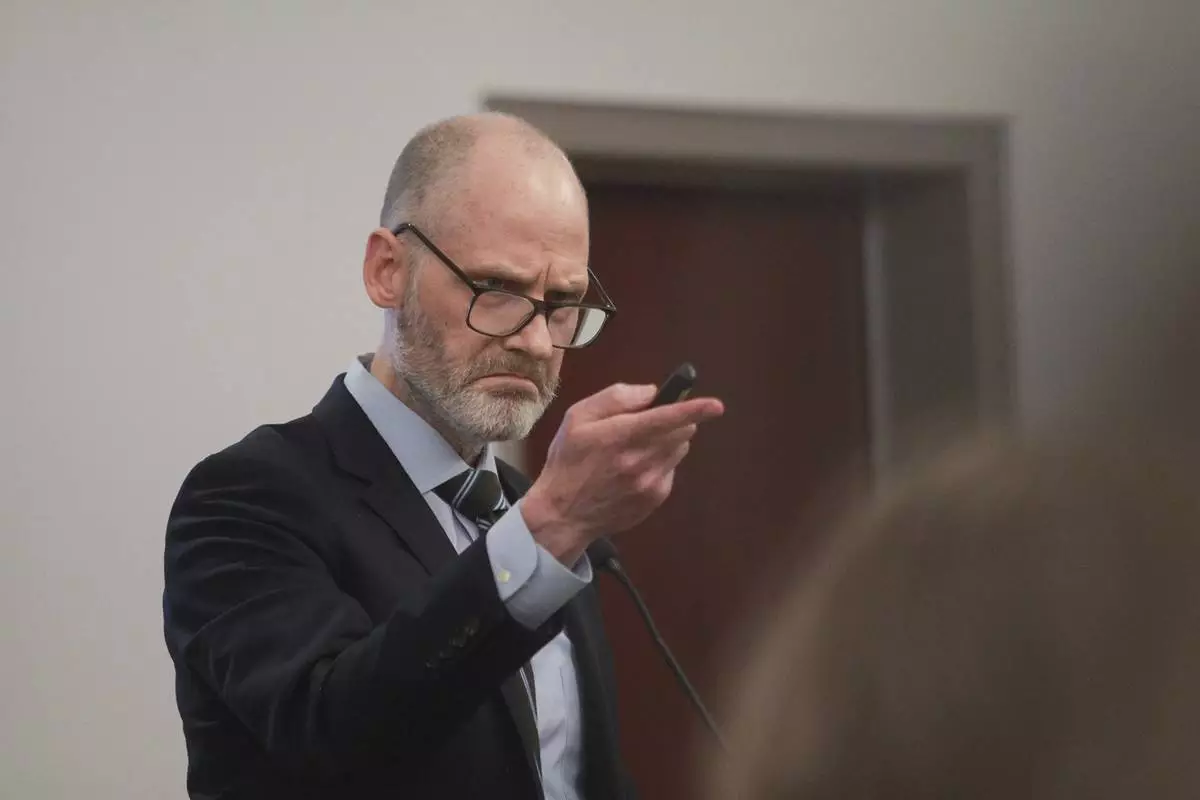
County Attorney Michael Jette addresses jurors during closing arguments in Santa Cruz County Superior Court, Thursday, April 18, 2024 in Nogales, Ariz. Rancher George Alan Kelly accused of second-degree murder in the January 2023 death of 48-year-old Gabriel Cuen-Buitimea, who lived south of the border in Nogales, Mexico. (Angela Gervasi/Nogales International, via AP, Pool)
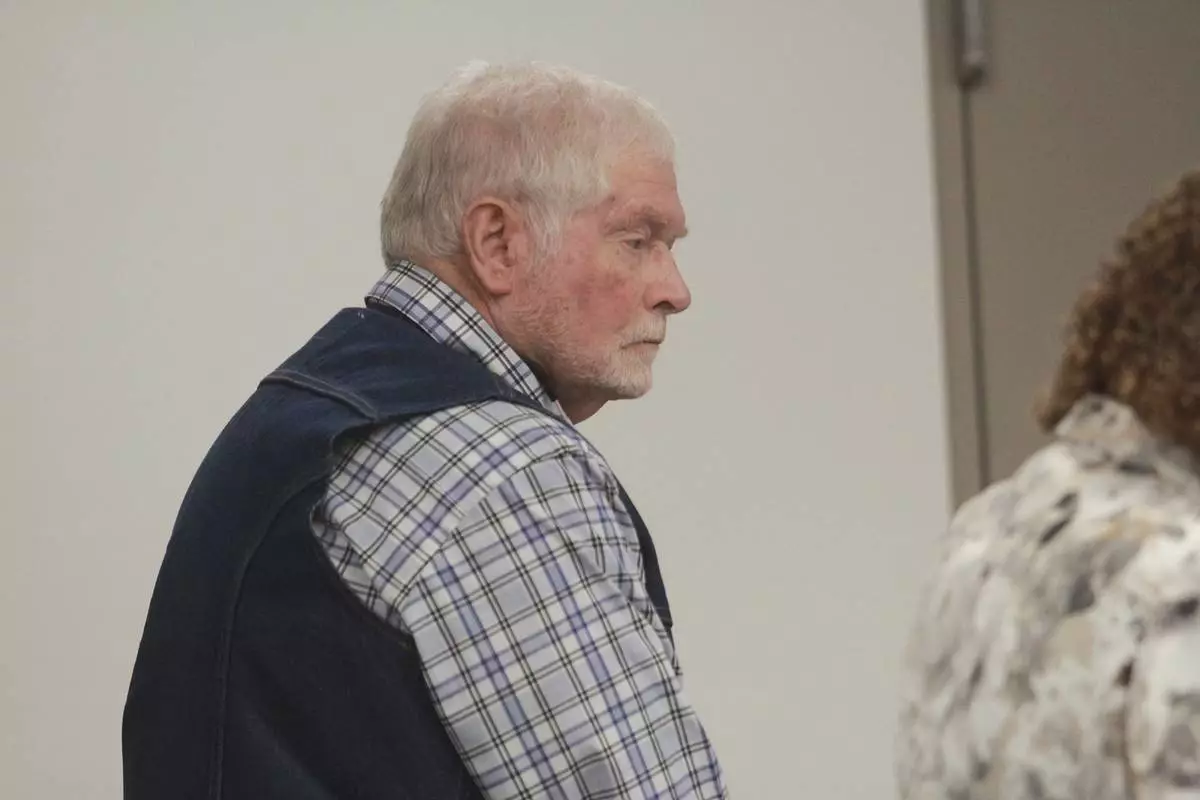
George Alan Kelly listens to closing arguments in Santa Cruz County Superior Court, Thursday, April 18, 2024 in Nogales, Ariz. Kelly was charged with second-degree murder in the January 2023 death of 48-year-old Gabriel Cuen-Buitimea, who lived south of the border in Nogales, Mexico. (Angela Gervasi/Nogales International, via AP, Pool)
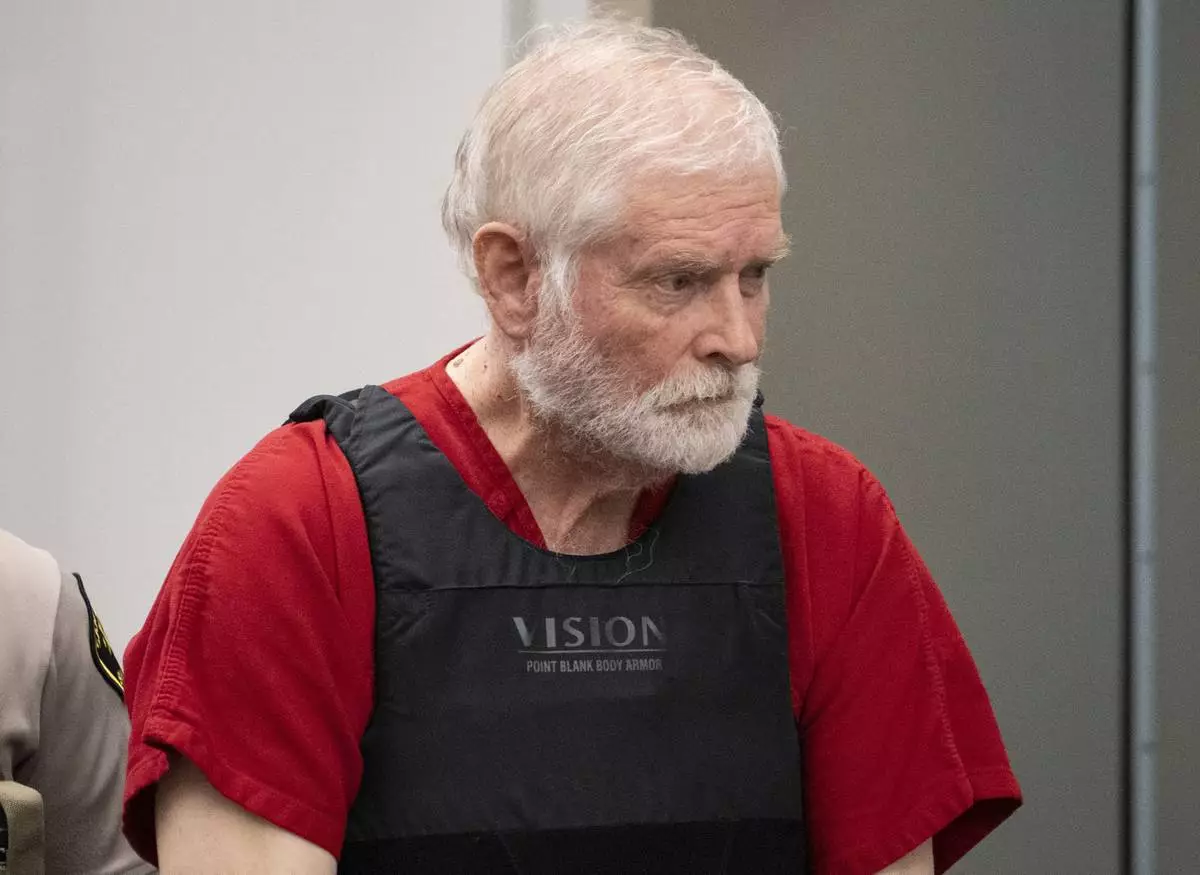
FILE - George Alan Kelly enters court for his preliminary hearing in Nogales Justice Court in Nogales, Ariz., Feb. 22, 2023. Jurors on the case of Arizona rancher Kelly charged with fatally shooting a migrant on his property will be allowed to visit the property near the border with Mexico as early as this week as the trial enters its second half. (Mark Henle/The Arizona Republic via AP, Pool, File)
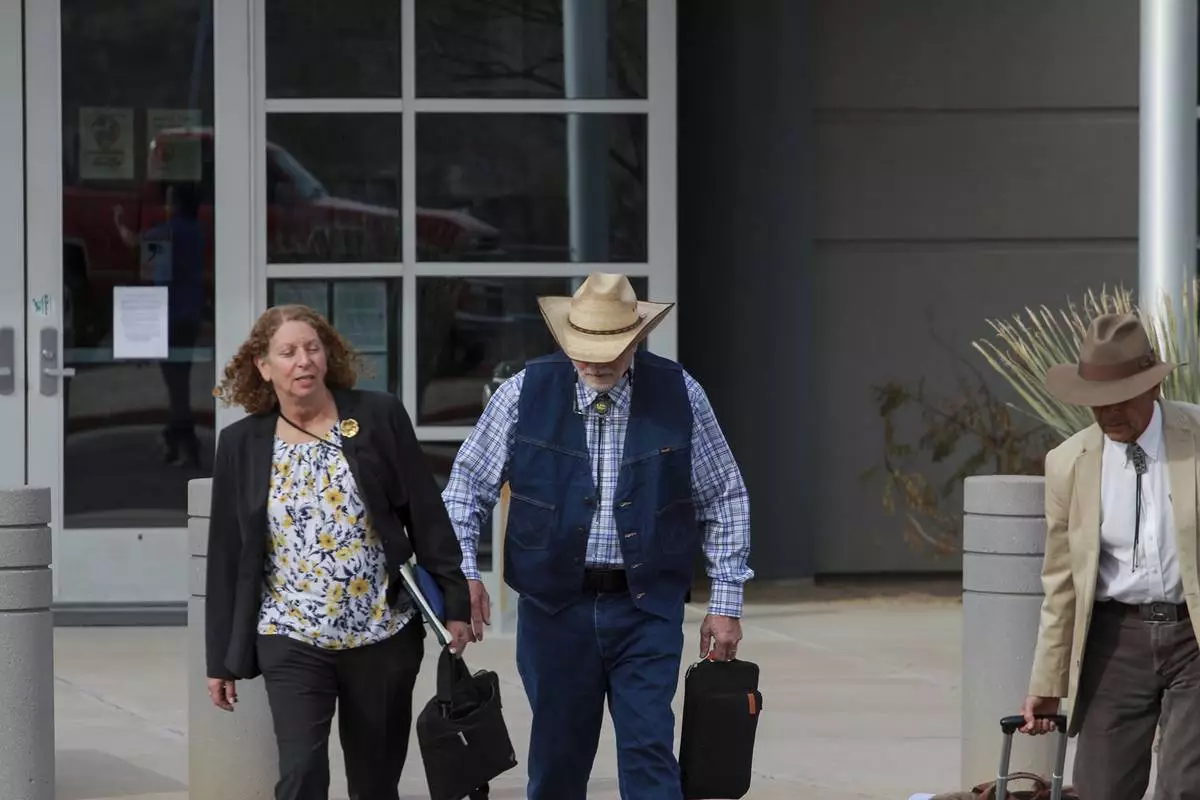
FILE - George Alan Kelly exits the Santa Cruz County Courthouse with defense attorney Kathy Lowthorp after the first day of his trial in Santa Cruz County Superior Court Friday, March 22, 2024 in Nogales, Ariz. Jurors in the case of the Arizona rancher Kelly charged with fatally shooting a migrant on his property visited the scene of the killing as the third week of the trial wrapped up. The jurors on Thursday, April 11, 2024, viewed various locations at Kelly's ranch, as well as a section of the U.S.-Mexico border. (Angela Gervasi/Nogales International, via AP, File)














